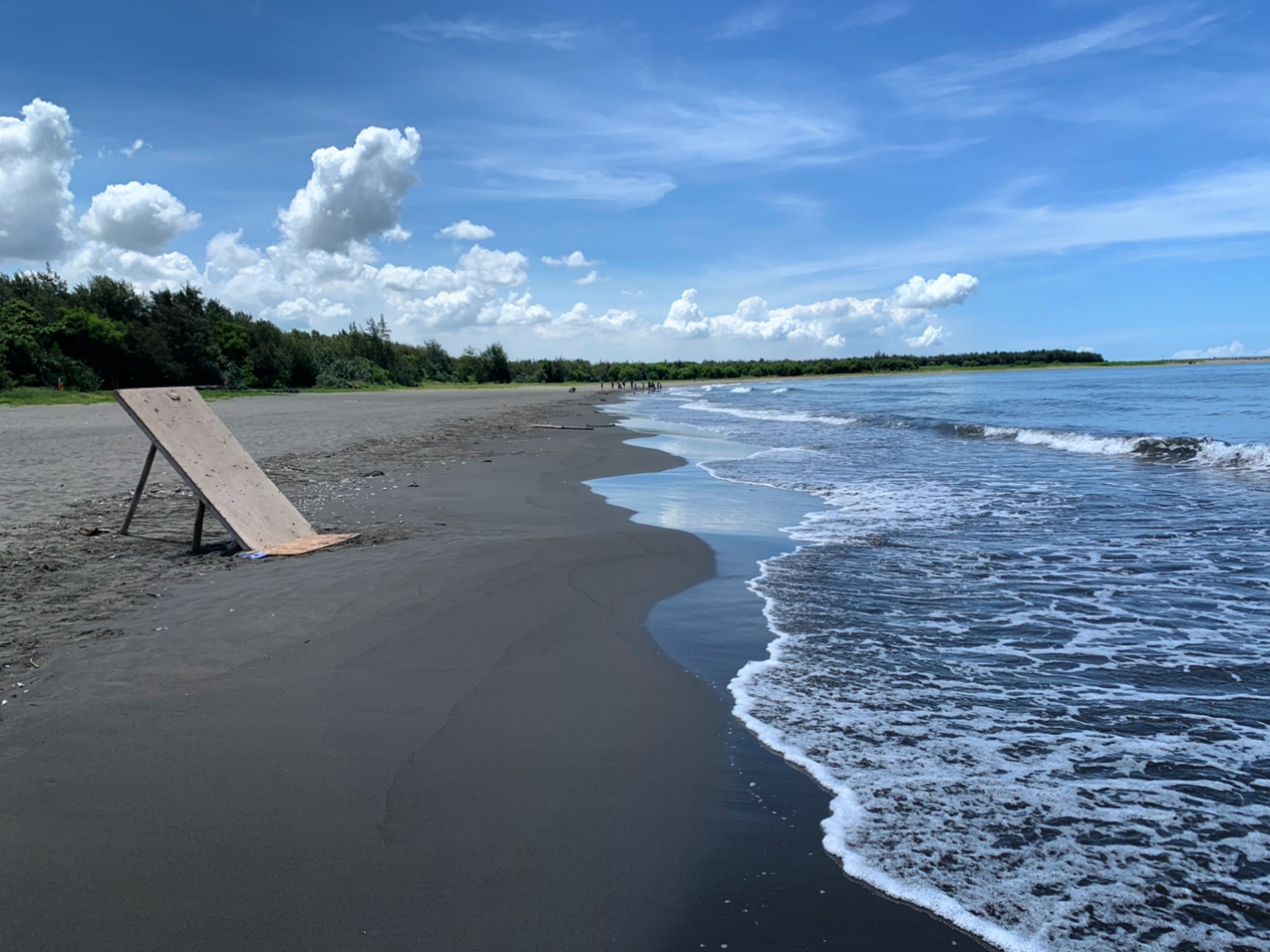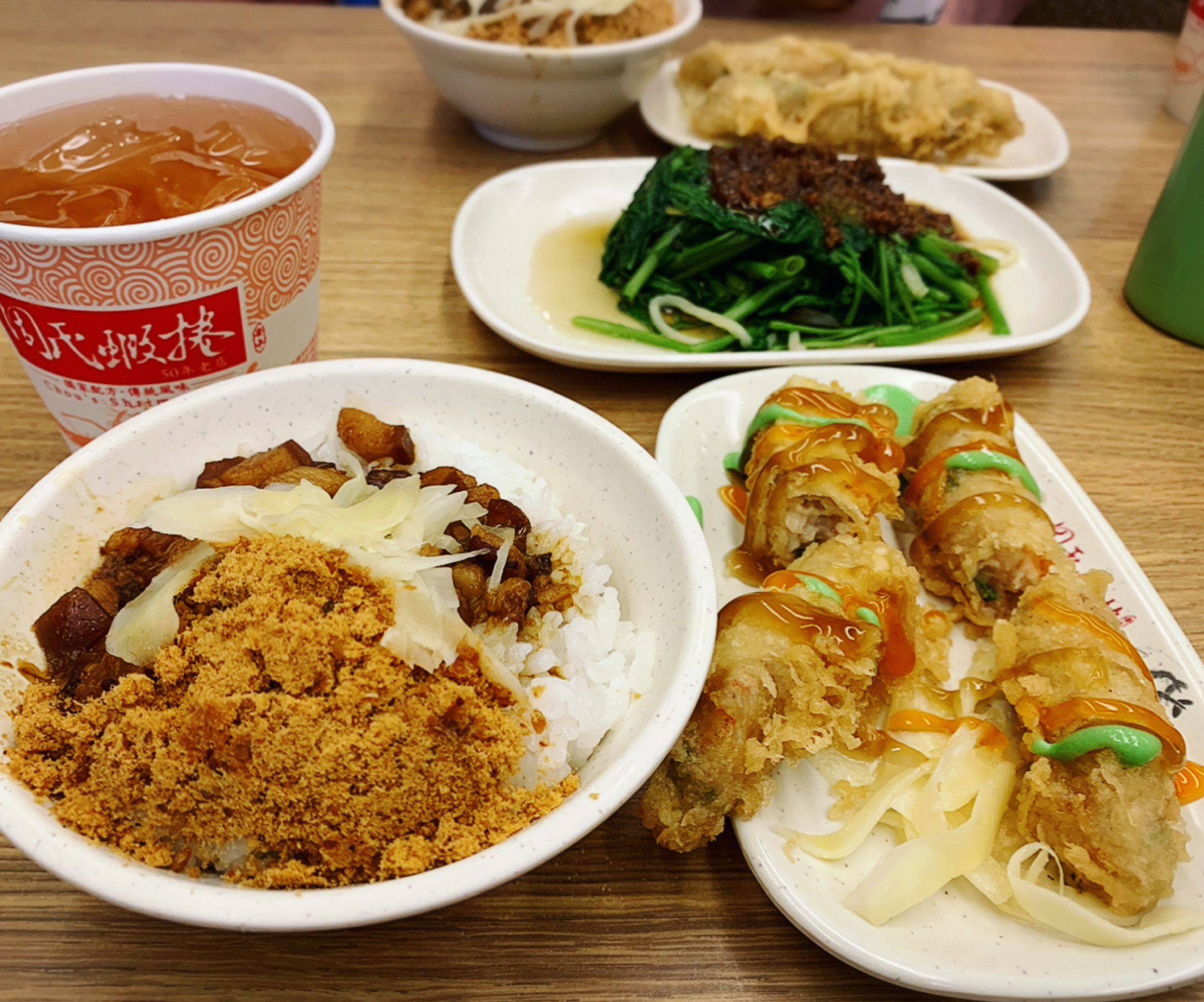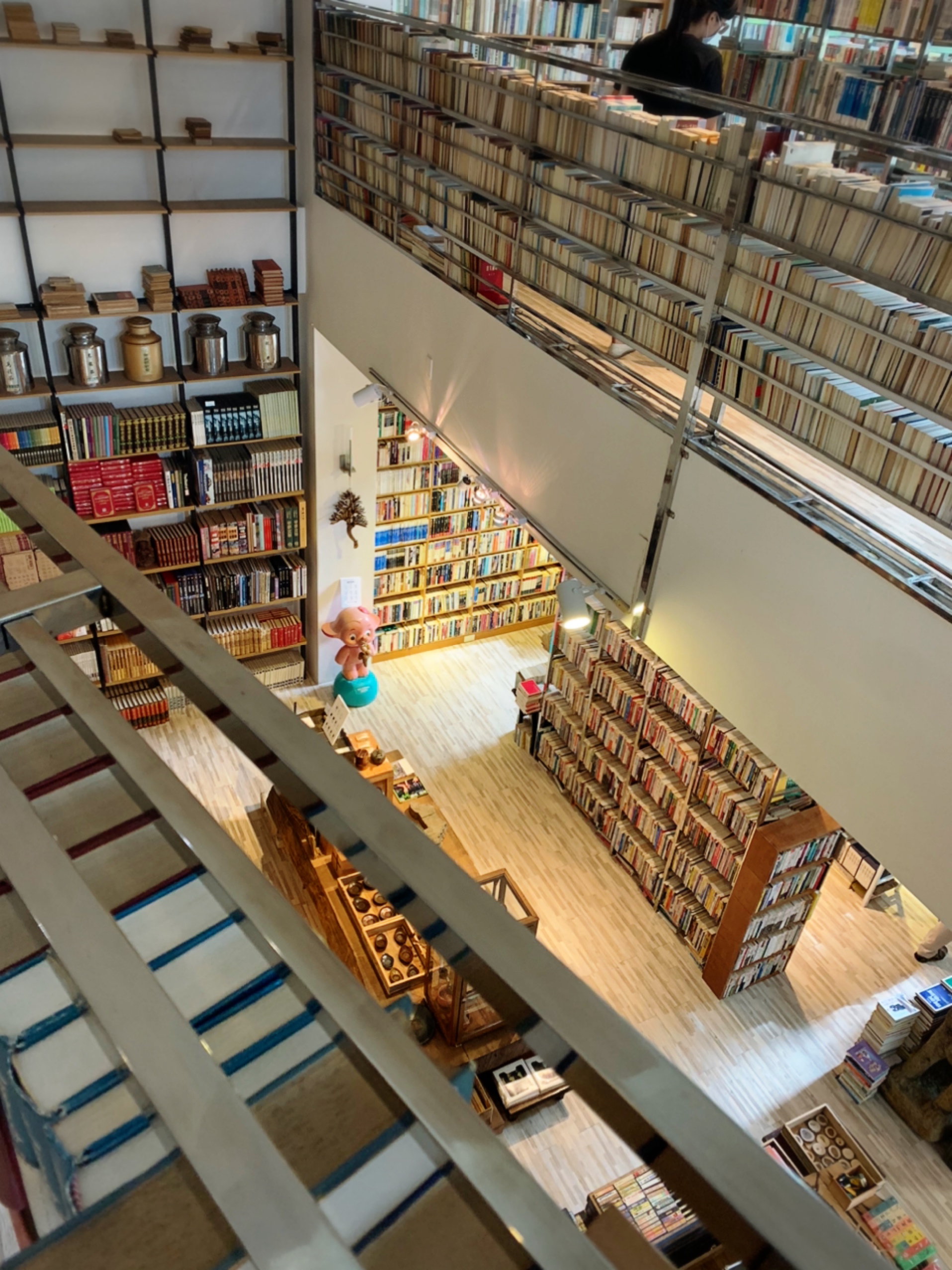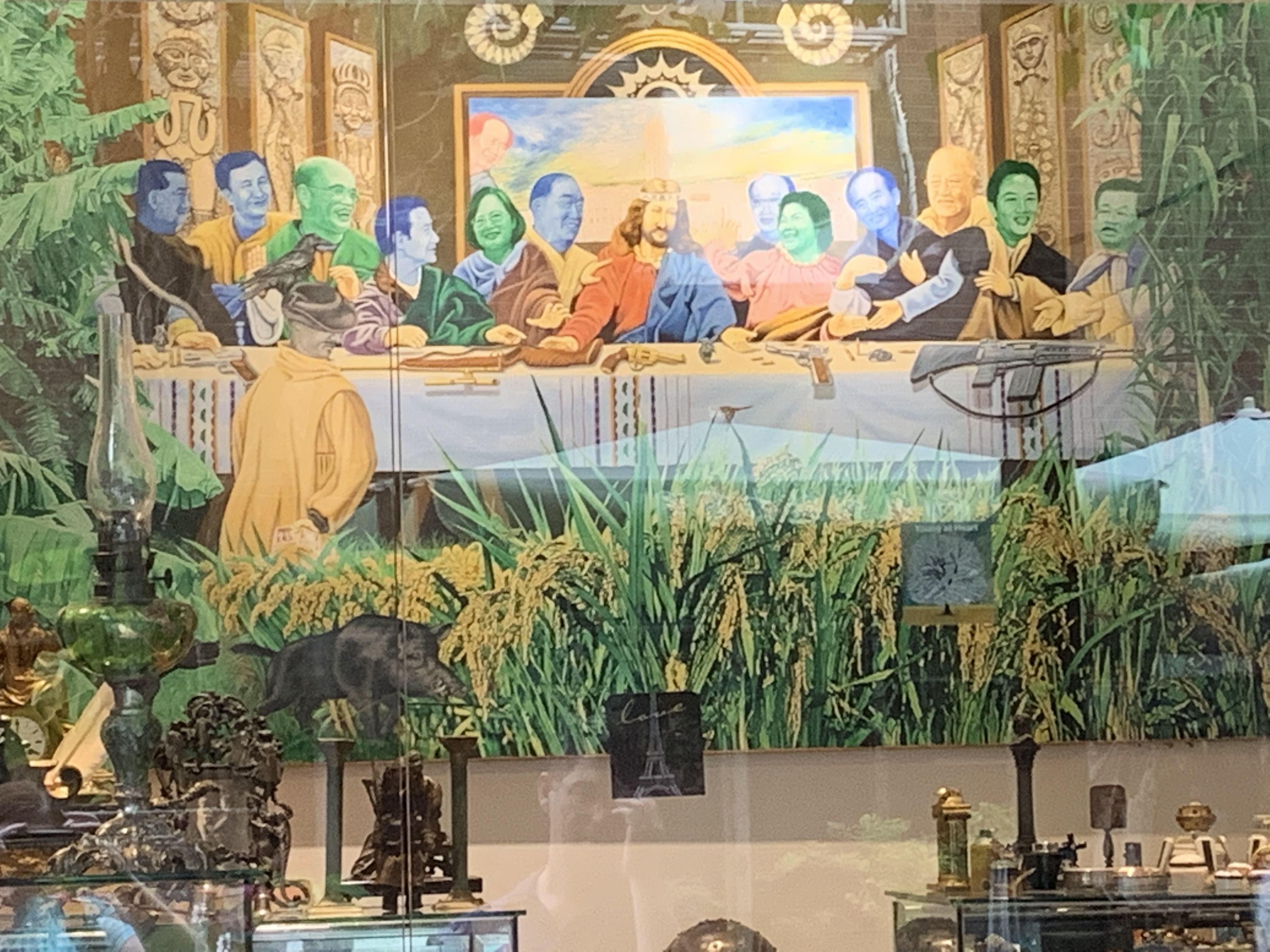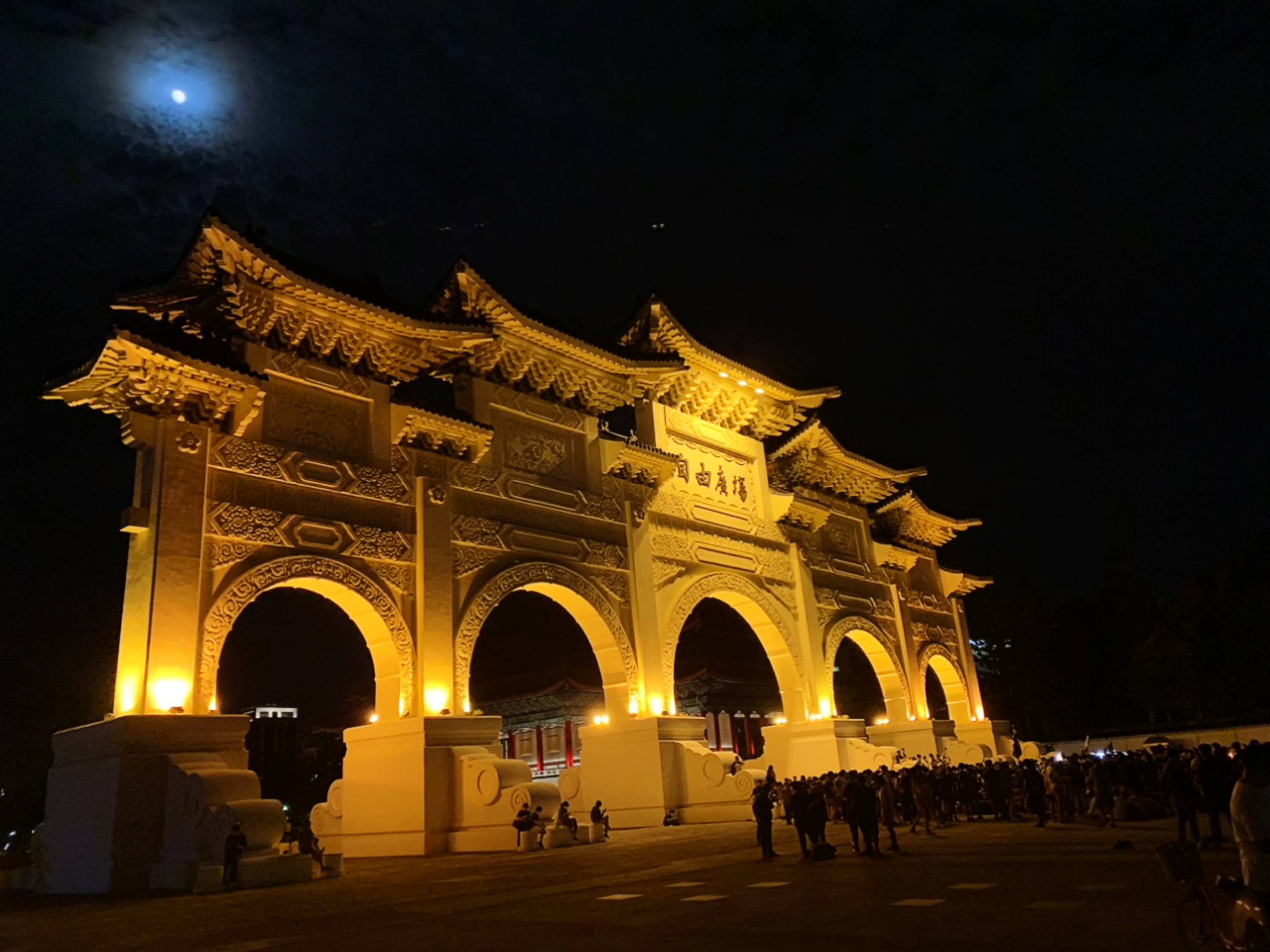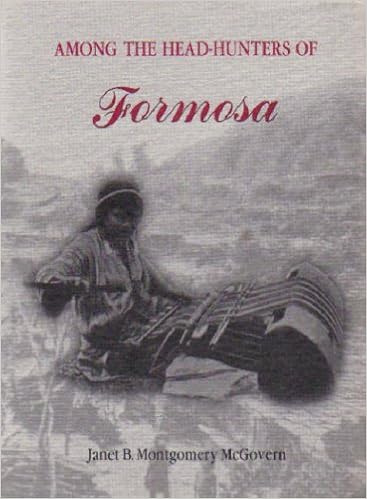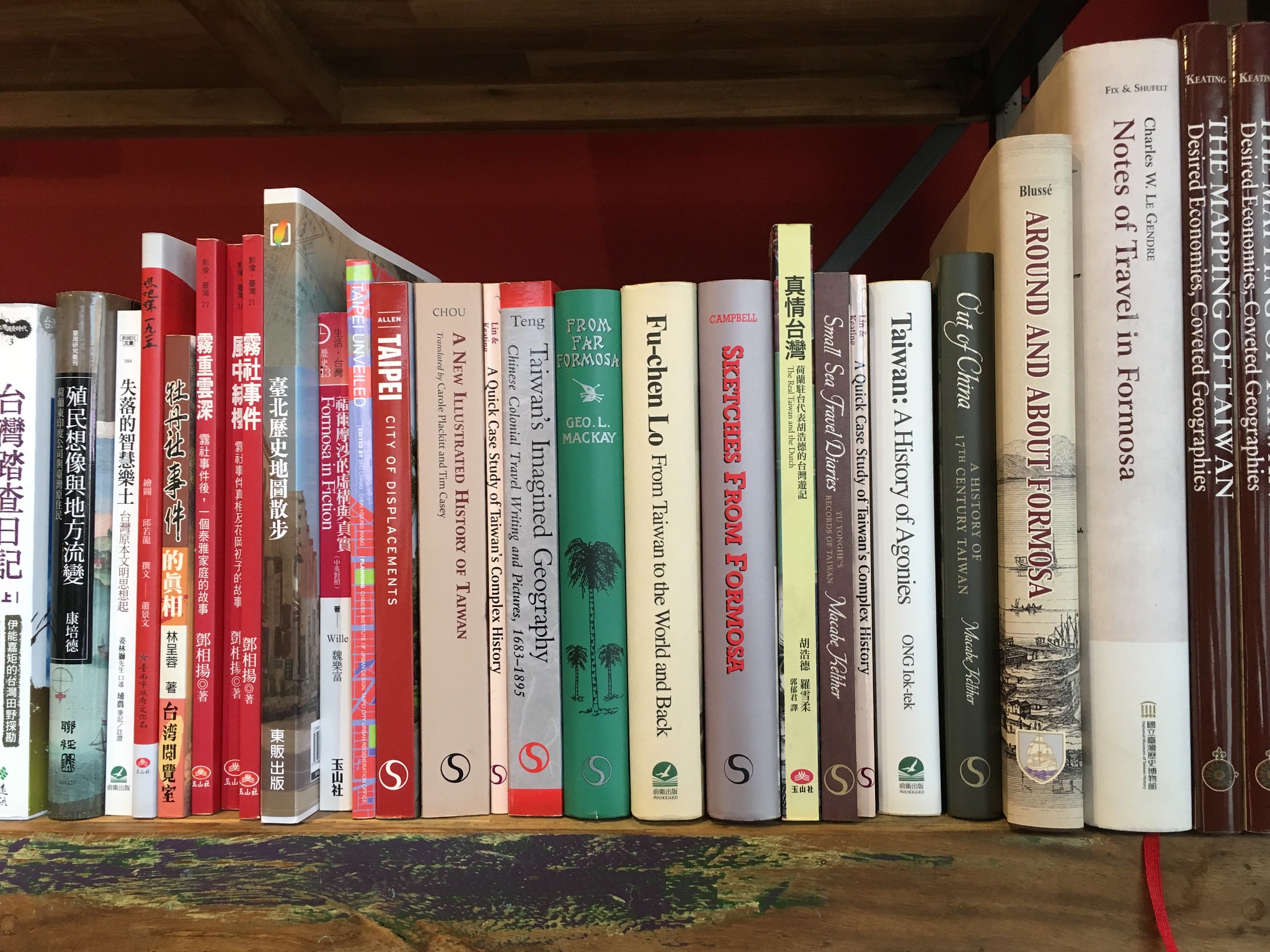This brought up a lot of memories for me, though I'm hardly the only one and my memories are hardly the most important.
Sometime in my first few years in Taiwan, I heard about The Taiwan Store. Open since 1993, I started visiting regularly. It had an old-school vibe, run by an elderly couple. Although my Chinese wasn't great then (to be fair, I still think it isn't), there was a section with English books about Taiwan, and souvenirs and t-shirts on sale as well as books. Sometimes I'd just drop by on my way to a cafe to peruse what they had, and for awhile they were the only store in Taiwan that reliably had books about Taiwan in English.
I finally wrote about it in 2011, though admittedly the post is quite mediocre.
Other little things drew me to the place. When they started making Taiwan passport covers (omitting the Republic of China words or symbol in favor of a more Taiwan-centric design), I was one of the first to get one, though I've never tried to travel abroad with it covering my blue passport. One year, Su Beng did a Lunar New Year calligraphy scroll: very simple, just 台灣獨立, his signature and an outline of the main island. The Taiwan Store gave those out for free: I took two, one for a good friend and one for myself. Although it's just a mass printed image on red paper, I eventually had mine framed. Su Beng has since passed away; there will never be another.
We'd chat with Mr. Wu, the owner, who was delighted at any foreigner who spoke any amount of Taiwanese at all. My Taiwanese always failed after the first few sentences, and he seemed to prefer carrying on in English rather than Mandarin, some of the time at least.
I'd bring friends in there and we'd find all sorts of items: a Taiwanese language-learning book created by my friend Ting (I immediately bought a copy), a CD full of the folk songs written by former President Chen Shui-bian from his prison cell, Chthonic t-shirts. It was one of the easiest places to get a Chthonic album, on old-school CD, if you wanted the Taiwanese version of the songs, not the English lyrics available on music-purchasing apps, back when those were a thing. The Taiwan Store has consistently been one o the only places to find a copy of A Borrowed Voice, detailing the support foreigners gave the Taiwan human rights movement under Martial Law.
Even when Southern Materials re-opened nearby with an impressive selection of English-language books about Taiwan, I'd still pop by the Taiwan store. Their 'English corners' were a bit different, after all. One can reliably pick up a copy of Taiwan's Imagined Geography at Southern Materials, but the personal account of John Dodd, a tea merchant who witnessed the French blockade of Taiwan in the 1880s? That was Taiwan Store stuff.
The rare titles on offer extend to their much larger Chinese-language selection. Anyone looking for something truly uncommon about Taiwan would find it here. It's one of the few bookshops that seriously attempts to incorporate books on Indigenous issues in Taiwan and promote Taiwanese language learning.
Not long ago, hearing about their troubles, I started returning more frequently. I referenced a fellow foreigner whose Taiwanese is far better than mine -- "tall guy, blondish, actually speaks Taiwanese, always buying lots of books" -- and Mr. Wu knew him immediately. I've begun buying everything I'd eyed in the past but passed over: the John Dodd account, a book about Taiwanese decorative iron window grilles, a book that breaks down the architectural features of Taiwanese historic sites, well above my reading level but rendered comprehensible by the illustrations. A t-shirt, a keychain, a cupholder. I never did buy that CD of Chen Shui-bian folk songs.
It's not an exaggeration to say that while I don't know the owners well, they are some of my favorite acquaintances in Taipei.
So to hear the worst possible news: a drop in business from the pandemic, yes, but also the plain old capitalist calculus of landlords -- it cracked my heart a little. This is what happens when businesses rent their storefronts rather than owning them outright. The landlord wanted Mr. Wu and his bookstore out, and jacked up the rent accordingly.
It's doubtful the landlord actually wants more rent. He probably wants to redevelop the property, and the rental fees from Mr. Wu could never possibly compare to the wealth he'd accrue simply by tearing the whole thing down and redeveloping. It's not evil, per se, but it is cold and calculating, perhaps if I'm feeling ungenerous it's avaricious, even. One of the deadly sins but not an unforgivable one. And yet, I don't like that landlord much at all.
According to the FTV piece, Mr. Wu doesn't intend to close permanently. He said his business is still the only Taiwan-themed bookshop in, well, Taiwan. And Taiwan does in fact need a bookshop dedicated to itself.
I agree. In any other country that the world recognizes as a country this idea -- we need our own bookshop with books about about our own country -- might seem annoyingly patriotic, perhaps even alarmingly nationalistic. You wouldn't catch me in The America Store. But for a country that has to fight for recognition internationally and whose voices, national identity and even right to self-determination and identification are so often erased or stomped on by others? Yes, you do need that.
Mr. Wu is 79, though -- not an easy age to make such a big change -- and isn't quite sure where he will move. It won't be immediate: the current location will remain open through April, when the NT$5,000 government vouchers expire. In the meantime, he's been packing up books from shelves he installed himself.
In the FTV article, he spoke of times when taxi drivers would recognize him and say "you own a store dedicated to Taiwan -- I don't need money to drive you." He talked about the memories the store held for him, and the landlord's complaints about the "bad government" (which implies that perhaps Mr. Wu and the landlord have differing political views as well. I don't know if that contributed to the corresponding rent hike.)
In a Humans of Taipei feature, he elaborated a bit more. After getting his PhD from Columbia, he was teaching at National Cheng-chi University when he was approached by strangers on a hike in the early 1980s, before the end of Martial Law. He was asked about a professor (Bruce Jacobs) considered a possible subversive -- do you know him? He said he did not, but felt an implicit warning: Taiwan is still not a safe place to be. He left Taiwan again and didn't return until 1987, after Martial Law had been lifted. At protests and events, he'd meet someone selling books about Taiwan in a sort of temporary set-up. He asked why they didn't open a bookshop, to which the man replied, "why don't you open one?"
Since trying to learn about Taiwan could be difficult -- books, when they existed, were hard to track down, and it was simply not easy to learn about Taiwan -- he did just that. Business started out strong, although some of his own writing (e.g. on the 228 Incident) was ignored by wider academic circles because he dared to simply call Taiwan an independent country.
However, he lamented not long before the landlord came in for the kill, business hadn't been doing so well in recent years. People weren't buying or reading as much, he said, but it was still worth it to him to keep the store open.
Now, even that is ending, although an Indigenous friend of his is opening a branch in Taitung.
But Taiwan still needs, well...a Taiwan Store.
So how can we support Mr. Wu as he looks for a way to relocate his business? Obviously, by stopping by and buying out some of his stock. Give him more liquidity and fewer goods to move. If you don't read Chinese, there are still all manner of t-shirts, banners and souvenirs you can pick up, even as he begins packing.
I don't know if there's other help they need with moving or finding a new place, and assume they have friends and a support network for that. But every book or item you buy now makes it a little easier, and a little more certain, that after this April there will still be a Taiwan Store in Taiwan.
Here's the address:
10673台北市新生南路三段76巷6號1F
1st Floor #6, Lane 76 Xinsheng South Road Section 3
It's across the street from NTU, in the same lane as Guang Yi Cafe and very near the gray Lutheran Church that put up all those anti-gay posters in 2018. The closest MRT is Gongguan.



